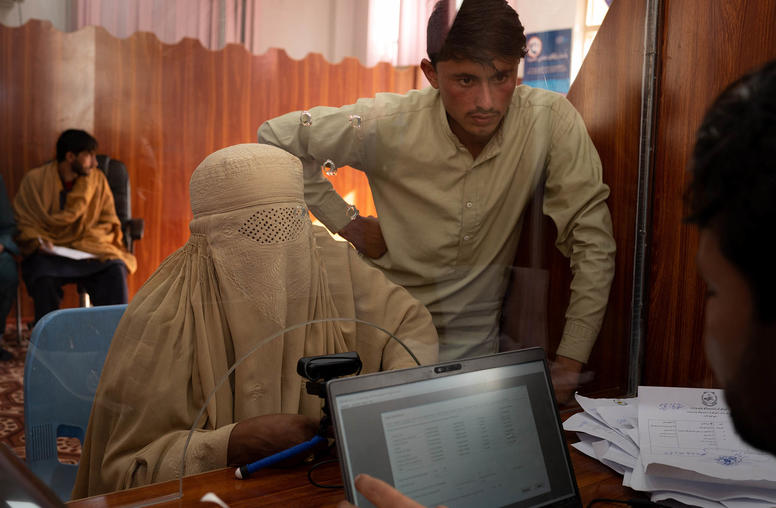The Rule of Law in Afghanistan
World Justice Project’s Report, “The Rule of Law in Afghanistan: Key Findings 2019”
As governments face the devastating economic and social effects of the coronavirus pandemic, identifying and addressing rule of law issues related to transparency, corruption, human rights, and the delivery of justice will be paramount to the recovery process. The World Justice Project’s (WJP) new report on the rule of law in Afghanistan presents a unique portrait of the country’s rule of law strengths and weaknesses by using extensive survey data collected from the general public, in-country legal practitioners, and ground-breaking interviews with individuals incarcerated in the Afghan prison system.
The latest edition of this report, which reflects the experiences and perceptions of more than 17,500 Afghans interviewed over five years, presents a comprehensive summary of the rule of law situation in Afghanistan and contains new, in-depth findings on the performance of the criminal justice system.
On July 1, USIP and WJP hosted an in-depth conversation on the report’s findings, as well as crucial factors for the rule of law in Afghanistan. Panelists also discussed how the report can encourage data-driven policy choices and guide program development to strengthen the rule of law.
Speakers
Alejandro Ponce, introductory remarks
Chief Research Officer, World Justice Project
Amy Gryskiewicz, report presentation
Director, Criminal Justice Research, World Justice Project
Abdullah Ahmadzai
Country Representative, Afghanistan, The Asia Foundation
Ghizaal Haress
Ombudsperson, Islamic Republic of Afghanistan
Scott Worden, moderator
Director, Afghanistan and Central Asia Programs, USIP



